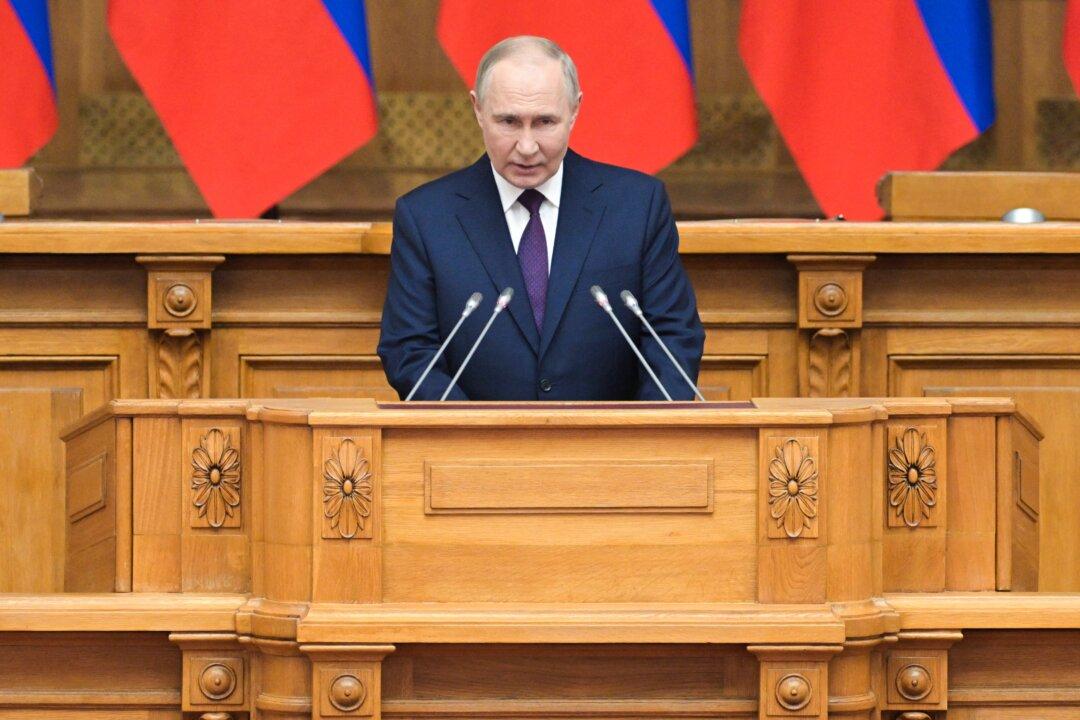A series of significant events have underscored the growing relationship between China and Russia, capturing global attention. Amid a visit from U.S. Secretary of State Antony Blinken to China and stern warnings directed at the Chinese Communist Party (CCP), pivotal diplomatic and military engagements have unfolded. Notably, the defense ministers of both countries held in-person talks, Russian President Vladimir Putin announced an upcoming visit to China in May, and a Russian ship, known for transporting arms, is currently docked in China undergoing repairs.
On April 25, the Russian ship Angara, which has a history of ferrying weapons between Russia and North Korea, was found docked at Zhoushan, China. The Royal United Services Institute (RUSI), a UK-based defense and security think tank, reports that since last August, the Angara has transported thousands of containers, presumed to contain North Korean ammunition, to Russian ports.






